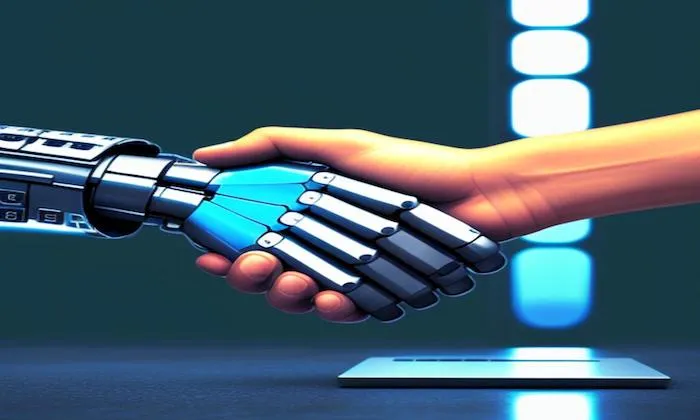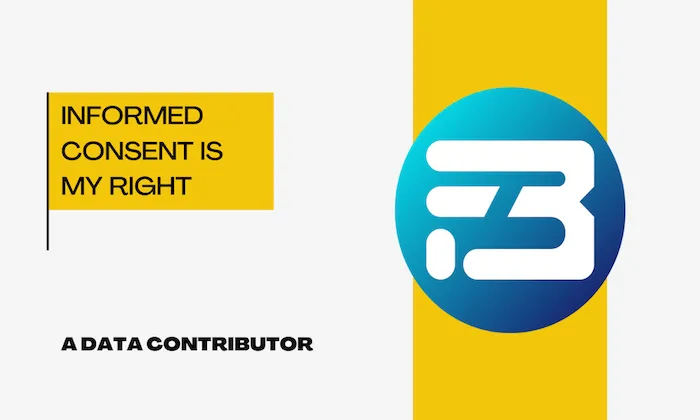What’s the difference between a voice cloning dataset and a TTS dataset?
TTS
Audio Processing
Voice Cloning
Grasping the difference between voice cloning datasets and Text-to-Speech (TTS) datasets is essential for AI engineers, product managers, and researchers dedicated to advancing speech technologies. These datasets serve unique purposes in voice technology development, each with distinct content, structure, and applications.
Voice Cloning Datasets
A voice cloning dataset captures the distinct characteristics of individual voices. It includes high-quality recordings reflecting various emotional tones, speech patterns, and contexts, aiming to mimic a person's unique speech nuances like accent and intonation.
- Personalization: Focused on a single speaker's voice to encapsulate their specific vocal traits.
- Recording Diversity: Involves numerous scripts and emotional tones for comprehensive representation.
- High-Quality Standards: Recorded in controlled environments using professional-grade equipment for clarity and fidelity.
TTS Datasets
Conversely, TTS datasets aim to synthesize natural-sounding speech from text, accommodating multiple speakers or styles. These datasets include diverse recordings to enhance TTS systems' versatility across accents, genders, and emotional tones.
- Multi-Speaker Approach: Compiled from various voices for broad speech synthesis capabilities.
- Script Variety: Encompasses diverse scripted sentences and conversational snippets for handling different sentence structures.
- Naturalness Focus: Prioritizes intelligible, human-like speech without replicating any individual's voice.
Why These Datasets Matter
Voice Cloning Datasets
These are vital for applications requiring a personalized audio experience. This includes virtual assistants adopting specific voices for enhanced engagement or voice restoration tools replicating speech post-medical procedures. Precise voice cloning can significantly improve user interaction and acceptance.
TTS Datasets
TTS datasets are crucial for systems generating speech across various applications, such as navigation systems and audiobooks. A robust TTS dataset ensures scalability and adaptability, enabling systems to communicate in multiple languages and styles while maintaining clarity.
Practical Differences and Use Cases
Voice Cloning
- Operational Method: Meticulously planned, ensuring noise-free, controlled recording environments.
- Speaker Selection: Chooses diverse vocal characteristics to gather rich datasets.
- Annotation: Detailed to capture emotional tone and context.
TTS Datasets
- Data Collection: Involves numerous speakers for extensive accent and speech pattern coverage.
- Script Curation: Includes a variety of scripts representing everyday language use.
- Quality Assurance: Implements robust QA for clarity and naturalness.
Real-World Applications and Emerging Trends
Voice cloning datasets empower applications like personalized virtual assistants and voice restoration technologies. Meanwhile, TTS datasets support versatile speech synthesis across industries, from automotive navigation to gaming.
Emerging trends, such as neural TTS advancements and ethical voice sourcing, enhance both dataset types, reflecting a shift towards more ethical and advanced speech technologies.
Best Practices and Industry Insights
- Voice Cloning: Avoid using TTS datasets for voice cloning, as they lack individual voice nuances.
- TTS Applications: Leverage TTS datasets' scalability and flexibility for broader usage scenarios.
- Integration: Utilizing both datasets can create complementary applications, enhancing development processes.
Choosing the Right Dataset
Selecting between voice cloning and TTS datasets depends on specific application needs. A clear understanding of each dataset's nuances enables AI developers to make informed decisions, improving speech technologies' quality and effectiveness. FutureBeeAI stands as a reliable partner in providing high-quality, ethically sourced voice data, enabling teams to build innovative, expressive, and multilingual voice systems.
FAQs
What applications benefit most from voice cloning datasets?
Voice cloning datasets excel in personalized virtual assistants, voice restoration technologies, and creating unique character voices for gaming or storytelling.
Can TTS datasets replace voice cloning datasets?
While TTS datasets offer broad speech synthesis capabilities, they aren't suitable for voice cloning due to their generalization focus rather than capturing individual voice nuances.
For projects requiring precise voice data, consider FutureBeeAI's expertise in delivering production-ready, ethically sourced datasets tailored to your specific needs.
What Else Do People Ask?
Related AI Articles
Browse Matching Datasets
Acquiring high-quality AI datasets has never been easier!!!
Get in touch with our AI data expert now!


-data-collection/thumbnails/card-thumbnail/top-resources-to-gather-speech-data-for-speech-recognition-model-building.webp)





